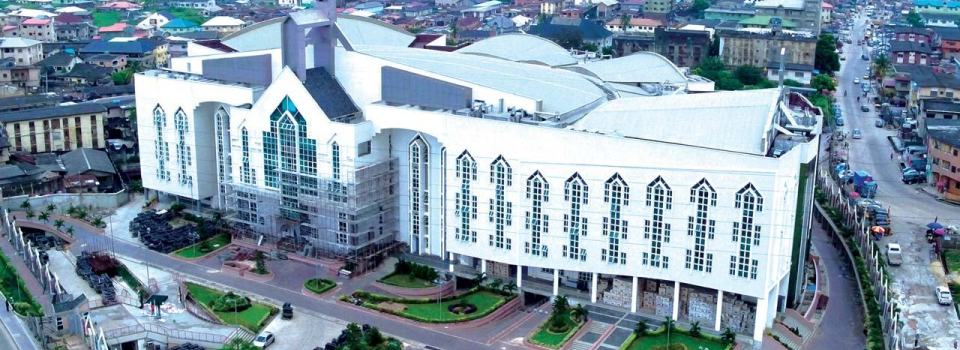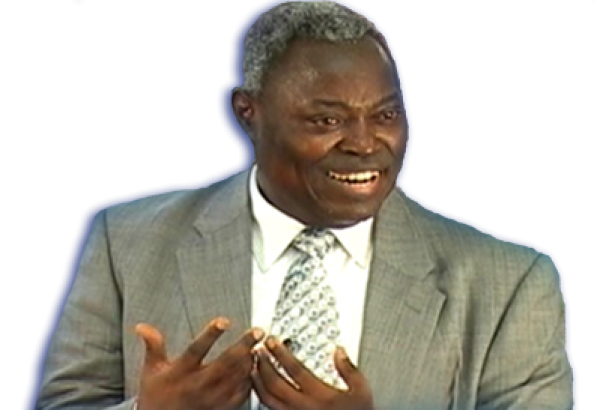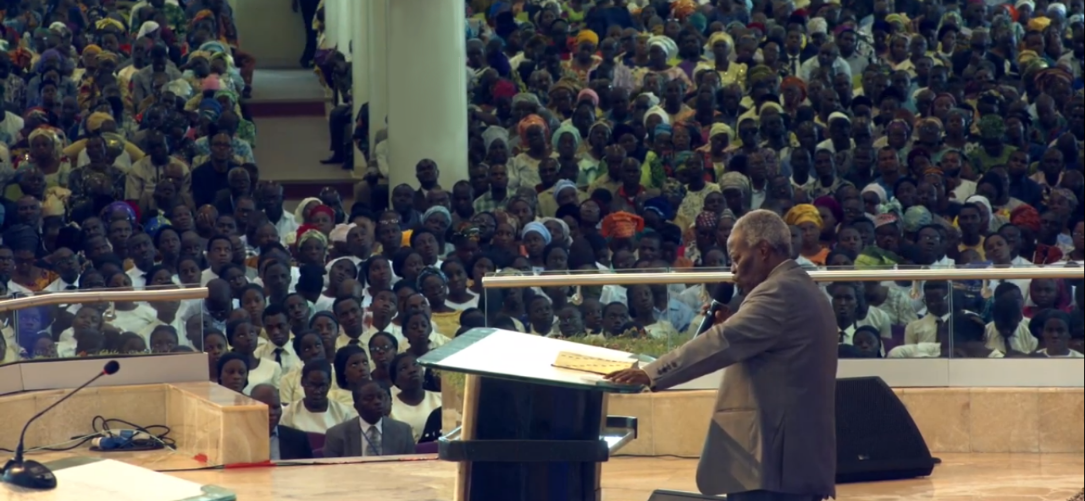
Journalist Alan Isaacson provides a helpful study of this phenomenal ministry in his book “Deeper Life: The Extraordinary Growth of the Deeper Life Bible Church”, after talking with many members of the church who told him how Christ has miraculously intervened and changed lives in response to prayer and the proclamation of the Gospel. In Pastor Kumuyi’s own words: “God, in the growth of Deeper Life Bible Church, has strategically and prudently used miracles to ‘make all men come to Him’ (John 3:26). We take Christian living and holiness seriously.”

According to Isaacson, The history of Deeper Life is very much the personal story of W.F. Kumuyi. He is a gifted man, clear-thinking and humble. He is a dedicated Christian and deserves the title ‘the man of God,’ which his followers have given him. Since he was a young man, Kumuyi has devoted his time to reading and studying the Bible. He knows the Scriptures inside out, and has struggled to understand and apply them. As he shares that struggle and his love for the word of God, so people have been drawn to him for advice, or simply to listen. When he preaches, his message is clear, simple, and profound. Poor street traders who can barely read sit next to university professors, all equally captivated by the way Scripture becomes suddenly relevant to them.

Pastor Kumuyi’s own Christian life developed because he took the Bible so seriously, and so the Deeper Christian Life Ministry has developed in the same way. In Alan Isaacson’s own words, he “preached Deeper Life into existence”. His sermons were captivating, wrote Isaacson, “I would classify him as one of the greatest living preachers, giving a straightforward Bible-based message, his sermons thorough, and always personally challenging. He always gave a wide range of cross-references which were read in their context, supporting, clarifying and expanding his main points. He spoke clearly and authoritatively to the Nigerian situation. He dealt sensitively with African culture, but also made a firm stand in highlighting the points where local culture was incompatible with the will of God. While stressing the high moral tone which is one of the virtues of most African cultures at their best, he was at pains to specify those aspects of local culture which were unchristian and even evil. In this way he was not only concerned with some kind of personal holiness, but also genuinely seeking the wholeness and harmony of the community at large, where truth, honesty, and justice should be the predominant characteristics.
